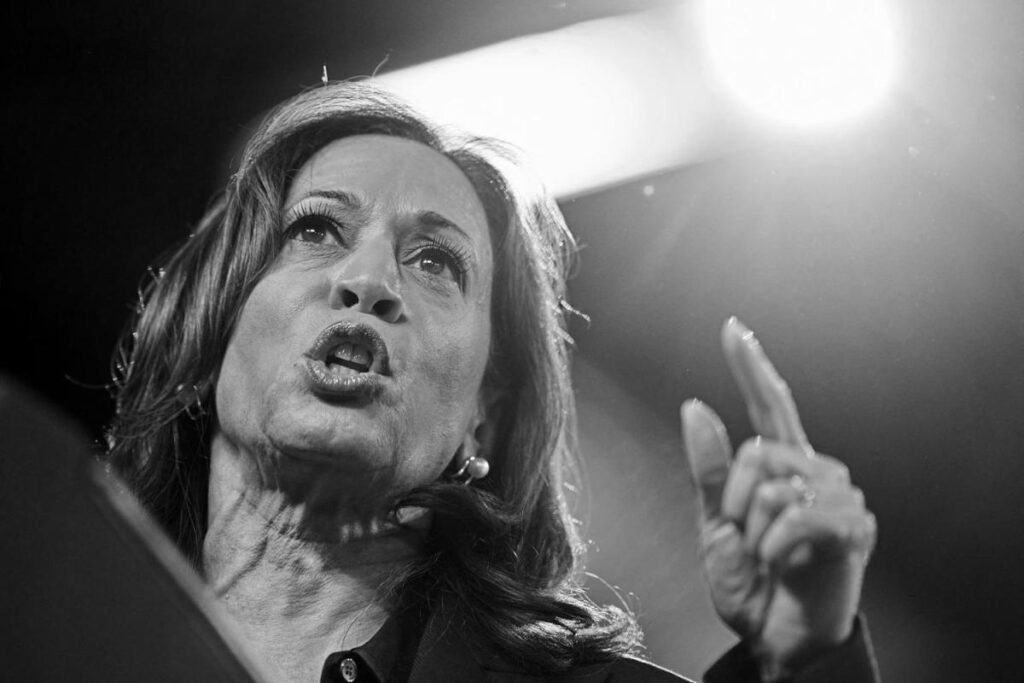In a significant move to regain support among disaffected Muslim voters, Vice President Kamala Harris received an endorsement from a group of 25 Islamic imams, as reported on Sunday. This letter comes at a crucial time amid the ongoing Israel-Hamas conflict, which has strained relations between the Biden administration and Muslim communities due to perceived support for Israel’s military actions in Gaza. The imams stress the importance of logical voting for the Muslim community and assert that supporting Harris is the preferred choice given the alternatives. They argue that her commitment to advocating for a ceasefire presents an essential stance for peace in Gaza and potentially Lebanon.
The endorsement underscores the urgency of the situation, particularly in key battleground states like Michigan, where Muslim voters can significantly sway election results. The imams warn against the dangers posed by former President Donald Trump, characterizing any support that could lead to his return as both a moral and strategic failure for the Muslim community. The letter emphasizes the consequences of a third-party vote, suggesting that such actions could inadvertently aid Trump’s electoral success, thereby jeopardizing their community’s interests in the long run. The imams highlight the historical example of Trump’s harmful policies towards Muslims and Palestinians, urging the community to base their voting decisions on careful consideration rather than emotional reactions.
The endorsement by these imams is notable as it comes at a time when many influential Muslim organizations have sought support for third-party candidates, reflecting dissatisfaction with the Democratic Party’s stance on the Israel-Palestine conflict. The pro-Harris letter is an attempt to rally members of the Muslim community who may feel alienated due to the Biden administration’s policies and to demonstrate that Harris is not the only candidate deserving of their vote. Indeed, many Muslim voters express discontent to the extent of voting “uncommitted” in the primaries or seeking representation that aligns with their values, especially on issues concerning Palestinians.
Despite the challenges Harris faces, Mohamed Elsanousi—a key organizer of the endorsement—hopes that the backing of these prominent religious leaders will reduce voter hesitance and encourage a renewed sense of support for her candidacy among Muslims. He acknowledges the importance of these endorsements from established imams who serve large congregations, particularly in pivotal states where every vote counts. Elsanousi remains optimistic that as the Harris campaign continues to engage directly with the community, a shift in voter sentiment toward her candidacy may take place.
The broader narrative surrounding Harris’s campaign reveals her proactive approach to reaching out to Muslim leaders, particularly evident in a recent meeting with community leaders in Michigan. Additional support from her running mate, Minnesota Governor Tim Walz, and engagements by her national security adviser illustrate ongoing efforts to solidify her relationship with the Muslim community. Nasrina Bargzie, the campaign’s director for Muslim and Arab American outreach, emphasized the vice president’s commitment to supporting the diverse Muslim population and undoing harmful policies enacted during Trump’s presidency.
This endorsement from the imams illustrates a strategic effort to bolster Harris’s connection with Muslim voters as she campaigns for the presidency, emphasizing her position as a candidate who stands for peace and unity. While the challenges remain significant due to the complex sentiments surrounding U.S. foreign policy, the engagement by religious leaders signifies a potential turning point. Their hope is to galvanize Muslim voters, ensuring they consider the implications of their choices and recognize Harris’s commitment to addressing their concerns, ultimately working toward a successful campaign assist.

